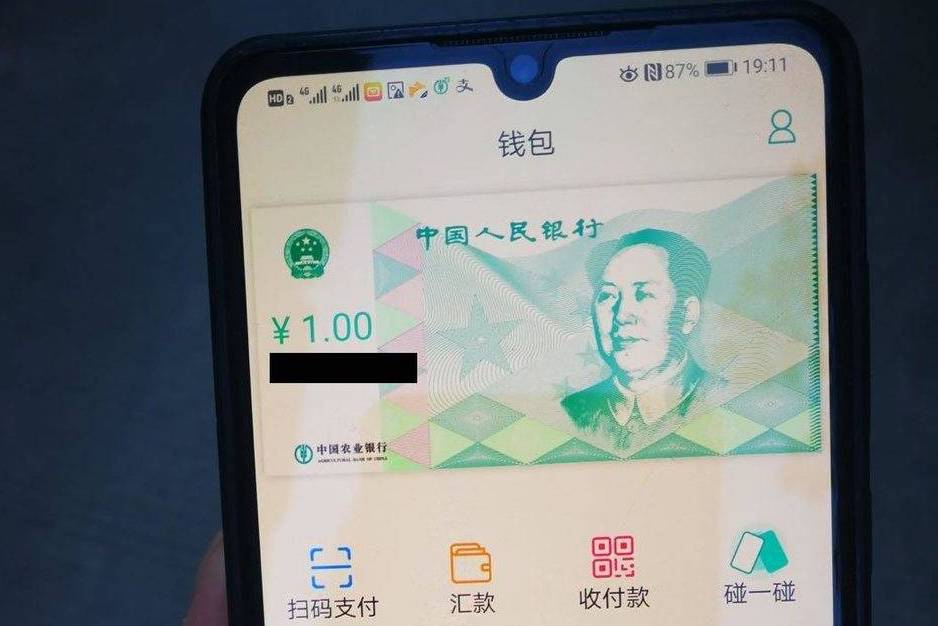China’s central bank is optimistic that the digital yuan will help to loosen the grip tech giants Alibaba and Tencent have on digital payments, the Financial Times reported.
The experimental central bank digital currency (CBDC), which it calls the DCEP (digital currency electronic system), is being tested in a number of Chinese cities and the People’s Bank of China (PBoC) plans to use it to streamline digital payments and interbank settlements.
Regulators and executives at Ant, Alibaba’s financial affiliate, said PBoC officials have Alipay and WeChat Pay, the dominant digital payments platforms, firmly in their crosshairs.
“It is about the role of a digital currency for domestic retail use,” a senior executive at the Hong Kong Monetary Authority familiar with the thinking at the PBoC told the FT.
“They want a more level playing field for the banks. Retail payments are so dominated by Alibaba and Tencent while banks are less active in electronic payments.”
In the first quarter of 2020, Alipay had 55.4% of China’s mobile payment market, according to Beijing-based iResearch, which estimates mobile payments will reach RMB140tn ($19.9tn) this year.
READ MORE: Why digital yuan will struggle to displace Tether
The arrival of the digital yuan comes as Ant, which controls Alipay, is seeking a dual listing in Hong Kong and Shanghai. But to what extent Beijing will support it in the future is unclear. The head of Asian economic research for one large international bank said Zhou Xiaochuan, the former PBoC governor, had allowed Alipay and Tencent’s WeChat Pay “to grow into monsters.”
“They got special love from the PBoC,” the person said. “All the banks and the CBRC [China Banking Regulatory Commission] complained. Now it is incredibly difficult to rein them in.” A senior Ant executive said his company and Tencent are “both part of the discussions” regarding the digital currency.
“In principle, we are supportive. But digital is still a small part of payment. The speed of growth though is because of what Ali and Tencent have done.”
According to a recent study from Brookings Institution, Alipay has filed patents related to its role as a likely secondary issuer of the new digital currency. But “by leaving user-facing activities to banks, the [digital currencies and electronic payments] will avoid disintermediating the financial system. They also put a strong emphasis on compatibility with existing banking infrastructure,” the Brookings study added.
The Ant executive told the FT that China Unionpay, which handles bank card payments, “is way larger than us” and that his company helps small businesses and other users whose “needs are under-addressed by financial institutions.”
UnionPay’s total transaction volume last year was Rmb189tn. A senior executive at WeBank, the Tencent payments affiliate, said WeChat Pay and Alipay must post capital adequacy reserves with the PBoC that are “already very demanding.”
The digital currency, if successful, is expected to dramatically alter the financial landscape, and could be used for cross-border payments with trading partners including Hong Kong. Several observers predicted the experiment will accelerate the internationalization of the yuan and erode the status of the US dollar as the world’s only reserve currency.
But today, the HKMA executive told the FT, “China is cautious about domestic financial stability.”
“They will relax capital controls and internationalize in a gradual way so the US is not the only dominant currency. Over the past year, the PBoC has changed its tone about local currency usage within the region and about the use of yuan assets for central banks.”
























